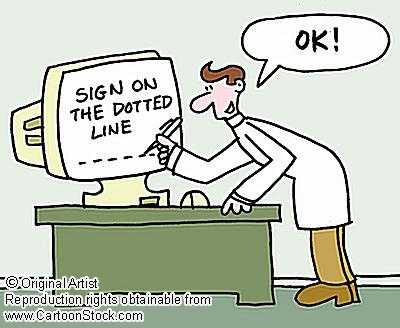 Lately there has been a lot of hype about 2G and 3G handphones (mobile phones to some people). What the hype is, I really don't know. Suffice to say, other than you being able to use the phone as a phone, the added feature for 3G will be that you have a small little camera, usually located on the top right hand corner of your phone, and you can actually chat with your friend face to face, so to speak. He/she can see you, you can see him/her and vice versa.
Lately there has been a lot of hype about 2G and 3G handphones (mobile phones to some people). What the hype is, I really don't know. Suffice to say, other than you being able to use the phone as a phone, the added feature for 3G will be that you have a small little camera, usually located on the top right hand corner of your phone, and you can actually chat with your friend face to face, so to speak. He/she can see you, you can see him/her and vice versa.Who have you actually seen using a 3G phone, chatting with their friends face to face? I don't think it's feasible and necessary. At the same time, I'm sure that there will be some kind of cost incurred to beam your mugshot all the way to your friend's phone, not forgetting that the connection is 2 way, I imagine it to be pretty costly! At the same time, with the network and infrastructure not completely in place yet, what is the connection speed like? Will there be some kind of lag time when viewing the party you're chatting with. They could be staying hello, and the next thing you see is them waving goodbye, with all the conversation in between lagged and cut off!
Is 3G really necessary? How important is it to look at someone when you're talking to them? I'm sure that Alexander Graham Bell didn't invent the telephone so that we could see who we are talking to! He invented the phone so that he could connect with people all over the world, without leaving the comfort of your location/position.
This generation is taking things 1 step further by allowing you to use 3G to see your friend. Perhaps in 10 years time, we will all be walking around with a holographic projector, so that it's projecting your friend(s) when you're chatting with them, either 1 to 1 or in a conference call, like you're in the same room/location with them.
When selecting a new handphone to buy, how important is it to have a 3G function? I've also noticed that reviewers tend to give a slightly more negative review or scoring if the phone doesn't have a 3G function, it's actually listed as a con and not a pro. Isn't it better not to have 3G function as compared to having 3G function?
I think that this 3G function in your phone is a marketing scam. It's an added feature, so you'll have to pay more for your phone, but you can't use it yet, so it's just this little white elephant feature on your phone that works on the same principle as a condom: I'd rather have one and not need it than need one and not have it.
Have these handphone making companies also factor in that more and more students are using handphones? Cost incurred will be higher than normal. Perhaps they're going to streamline 3G functions in a few years, so that it works the same way now as emailing. 10 years ago, nobody had emails, now, we use emails to communicated every minute of the day.
Of course, those who are not willing to change with history will be swept aside by it. But if you really think about it, practicality comes into play. I still do not see how a 3G phone will improve my life, as compared to a normal phone now, I will admit that the camera on the handphone has it's moments, but the 3G function, it's just a huge marketing scam to jack up their phone prices, or to show off that you have something that your friends does not have.
